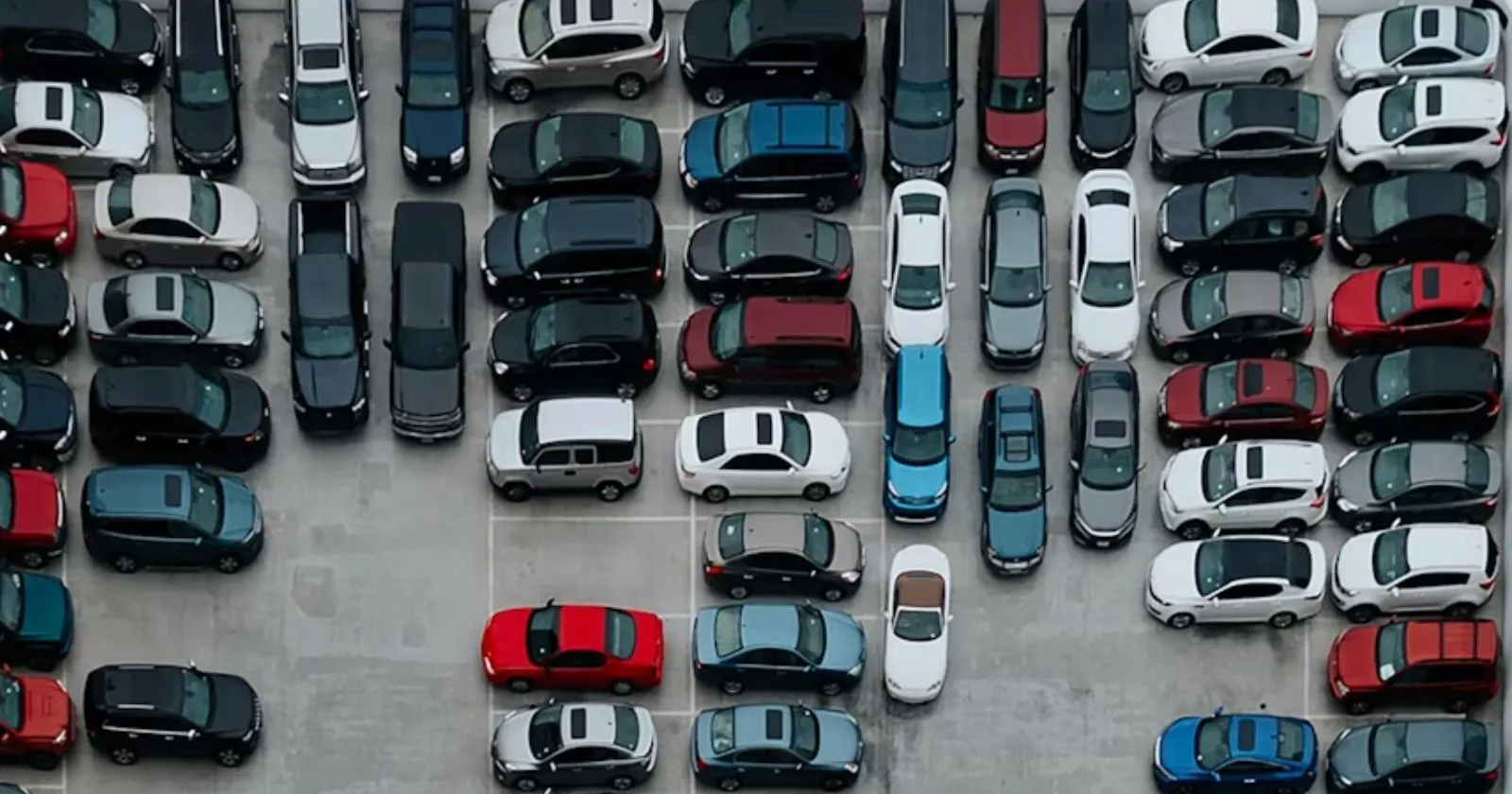
Models under 15 years of age will now pay revised baseline fitness test charges: ₹400 for two-wheelers, ₹600 for light motor vehicles, and ₹1,000 for medium or heavy commercial vehicles.
Share Post

Models under 15 years of age will now pay revised baseline fitness test charges: ₹400 for two-wheelers, ₹600 for light motor vehicles, and ₹1,000 for medium or heavy commercial vehicles.
Indian government has overhauled the national vehicle fitness testing fee structure, implementing dramatic increases for private cars and commercial vehicles aged 10 years or more. The changes is a significant shift from the previous policy, which only imposed higher charges on vehicles exceeding 15 years, TOI has reported. The updated Central Motor Vehicle Rules (Fifth Amendment) establishes a three-bracket classification system based on vehicle age: 10-15 years, 15-20 years, and vehicles over 20 years old.
Charges rise progressively within each bracket, with the most substantial increases affecting older vehicles.
The fee revision affects all vehicle categories, including two-wheelers, three-wheelers, quadricycles, light motor vehicles (LMVs), medium goods vehicles (MGVs) and heavy goods vehicles (HGVs). Commercial vehicles in particular have experienced increases approaching 1,000 per cent in certain categories.
According to the Ministry of Road Transport and Highways (MoRTH), the revised fee structure forms part of a broader strategy to remove unsafe and heavily polluting vehicles from India's roads whilst incentivising motorists to transition towards newer, environmentally friendly alternatives.
The amendment will not spare relatively newer vehicles. Models under 15 years of age will now pay revised baseline fitness test charges: ₹400 for two-wheelers, ₹600 for light motor vehicles, and ₹1,000 for medium or heavy commercial vehicles for mandatory certification. These adjusted rates establish the foundation before significantly steeper charges apply to older models.
MoRTH's graduated fee framework acknowledges the heightened safety and emissions risks associated with ageing vehicles. Older cars and commercial vehicles typically exhibit greater structural deterioration, increased pollution output, and more frequent mechanical failures, necessitating stricter regulatory oversight. Commercial vehicles have been targeted with the most significant fee increases, substantially raising the cost of maintaining older fleet vehicles in active service.
Re-inspection charges have similarly risen, meaning that vehicles failing fitness assessments now face higher financial penalties, creating stronger incentives for proper maintenance practices.
Private vehicle owners maintaining cars between 10 and 20 years old will encounter markedly higher ongoing compliance costs. Commercial fleet operators, particularly those running vehicles exceeding 20 years, are expected to expedite replacement schedules, moving towards newer, lower-emission models to avoid escalating fitness certification expenses.
The policy change represents one of the most significant revisions to India's vehicle compliance framework in recent years, with far-reaching implications for both individual motorists and the commercial transport sector.
Nissan Gravite Launch Tomorrow: Here's what to expect
Acko Drive Team 16 Feb, 2026, 11:32 AM IST
China Regulators to Make Some Physical Controls Mandatory, Ban Yoke-Style Steering Wheels
Acko Drive Team 16 Feb, 2026, 10:51 AM IST
Hyundai Names Madhurendra Malu to Lead Genesis Luxury Brand in India
Acko Drive Team 16 Feb, 2026, 10:08 AM IST
MG Motor India Bets On Hybrids As EV Push Sets Up Bold 2026 Plan
Ameya Naik 16 Feb, 2026, 8:51 AM IST
ACMA Automechanika 2026 Witnesses Over 35k Visitors, 870 Exhibitors from 20 Countries
Acko Drive Team 16 Feb, 2026, 8:45 AM IST
Looking for a new car?
We promise the best car deals and earliest delivery!
